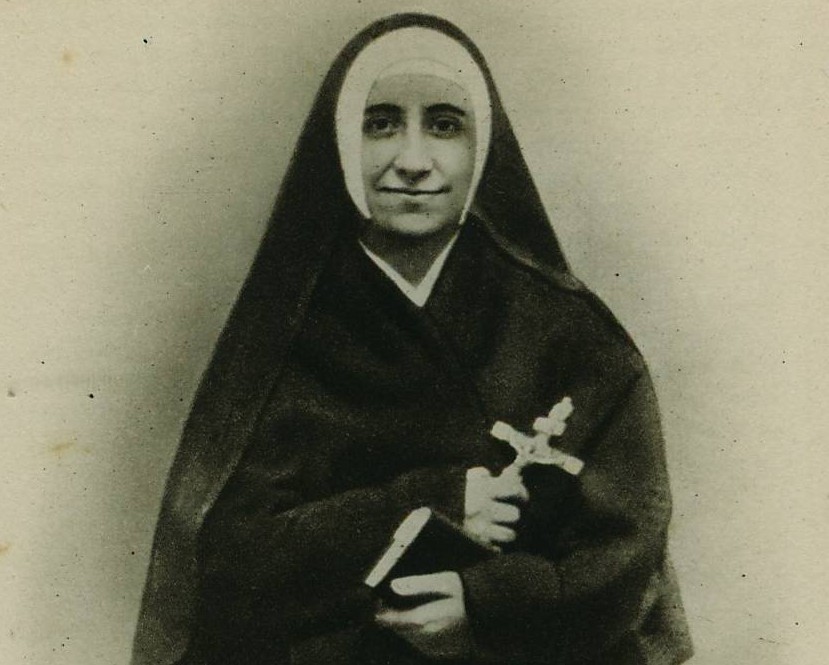
A friend recently lent me a book by a Spanish nun named Sr Josefa Menendez, which I am finding very inspirational. I would like to know whether she and her writings have been approved by the Church.
Sr Josefa and her writings have been approved by the Church and, what is more, her cause of beatification has been opened.
I will say something about her life in this column and about her messages in the next.
Sister Josefa was born in Madrid on February 4, 1890. She felt called by God to the religious life and, after many trials, in 1920 she entered the French convent of Les Feuillants in Poitiers as a Coadjutrix Sister of the Society of the Sacred Heart at the age of 29. She died there less than four years later.
Sr Josefa carried out her tasks in the convent with great grace and humility. When over the course of the next four years she received many revelations from God, she retired all the more into a deep sense of littleness and unworthiness.
Her superiors had rarely seen anyone more obedient and docile, ever ready to submit to their authority and to sacrifice herself. Sr Josefa was mentally sound and strong, very simple in her life of piety.
The special graces and gifts she received from God, whose weight was often crushing, purified her.
Some of the extraordinary visions and revelations shook her to the core and at times required an almost superhuman endurance, convincing her superiors that they were truly from God.
Among her trials were temptations from the devil to doubt God’s voice and her own religious vocation, but she remained strong and resisted the temptations.
At times the devil tried to deceive her by appearing as Our Lord and Our Lady and, when that failed, he attacked her with grievous bodily pains for years.
These included beating her with an invisible fist, especially during her prayers, and violently dragging her away from the chapel or preventing her from entering it.
Even in the presence of other nuns her clothes were set on fire and she suffered burns that took a long time to heal.
At times the devil appeared to her in the form of a savage dog, a snake, or a human being.
Among her other sufferings were being taken to hell numerous times, where she spent long hours in unspeakable agony, suffering bodily pains and hearing the cries of hatred, despair and pain of the damned.
After those experiences she looked on suffering, no matter how severe, as very little to bear if by it she could save a soul from hell.
As if this weren’t enough, she also had visions of the passion and death of Our Lord, suffering in her body the same pains that Christ did.
In spite of all this she humbly went about her normal daily routine in the convent.
Because of her simplicity Our Lord once told her: “I will reveal to you the burning secrets of my Heart and many souls will profit by them.
I want you to write down and keep all I tell you. It will be read when you are in heaven.
Do not think that I make use of you because of your merits, but I want souls to realise how my power makes use of poor and miserable instruments”.
On another occasion, June 7, 1923, Our Lord added: “If I could have found a more wretched creature, I should have chosen her for my special love, and through her revealed the longings of my Heart. But I have not found one, and so I have chosen you”.
Under obedience Sr Josefa wrote down her revelations day by day. They were published in 1938 at Toulouse under the title Un Appel à l’Amour by the Apostleship of Prayer.
Cardinal Eugenio Pacelli, later to become Pope Pius XII, wrote a foreword for the book. A second, more complete edition entitled The Way of Divine Love was published some years later.
The authenticity of her account is attested to by her superior and her spiritual director, Fr Boyer OP.
Sr Josefa died on December 29, 1923 at the age of 33. The Way of Divine Love, published in Milwaukee in 1972, bears the Nihil Obstat and Imprimatur of that Archdiocese.
There are recent editions of the book published by TAN and Baronius.
frjflader@gmail.com